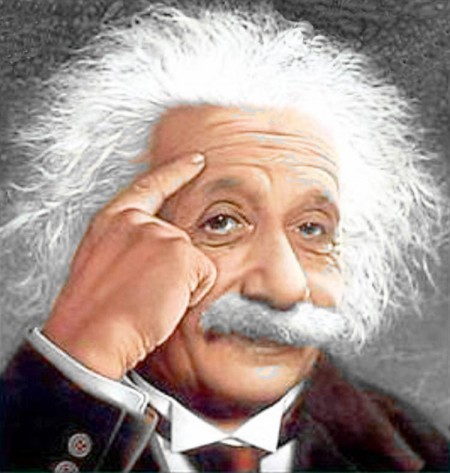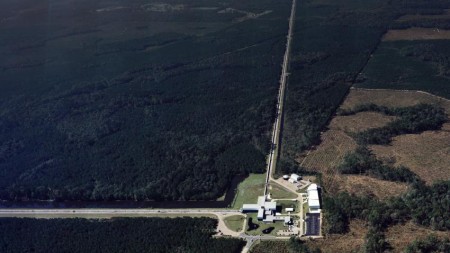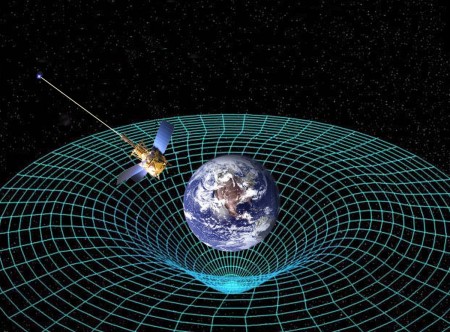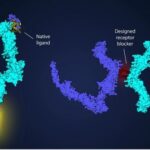February 10, 2016 – That Albert Einstein was a pretty smart guy. A century ago in a thought experiment leading to general relativity he theorized gravitational waves. And now in an experiment called the Laser Interferometer Gravitational-wave Observatory (LIGO), we are about to find out on Thursday if Einstein was once again right.
What is LIGO?
It is a set of twin detectors constructed to measure the tiny vibrations that passing gravitational waves produce. The detectors are the product of MIT and Caltech and were funded by the American National Science Foundation. Set 4,ooo kilometer (2,500 miles) apart with one in the state of Washington and the other in Louisiana, this large-scale phsyics experiment cost over $600 million U.S.
LIGO (one of the two facilities is pictured below) has been operating on and off for the last 13 years. In September of last year new devices, four-times more sensitive began operating on the two sites. On Thursday of this week the data collected will be shared with the public and the entire scientific community of cosmologists and theoretical physicists are holding their breaths.
What are gravitational waves?
Einstein was the first to demonstrate how space curves in the presence of mass. We get the concept of gravity wells from his theorizing. For example the gravity well of the Sun is the reason objects in the Solar System spin around it. The gravity well of Earth captures the Moon.
Gravitational waves propagate outward from massive objects in space. Things like black holes or super massive stars. And because all objects are moving through space as they push against space the curvature of the well they reside in generates the waves, like a boat plowing through the water.
The reason gravitational waves are hard to detect is simple. The amount of energy they produce is small and they come from long distances. So observing them is a challenge that has taken us a century to resolve.
Thursday in Washington, D.C., at The National Press Club, should be interesting. As one scientist put it, we wouldn’t be calling a press conference if we didn’t have something really big to tell the world. Einstein, are you tuning in?













